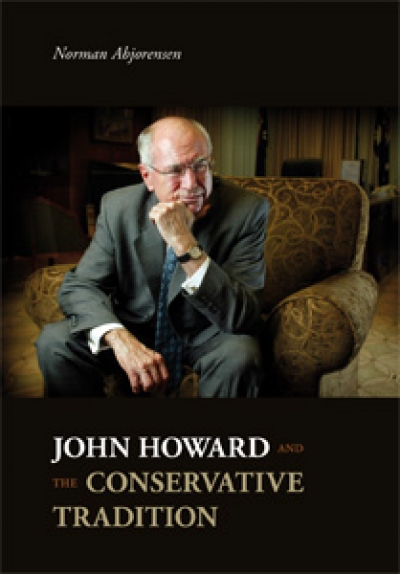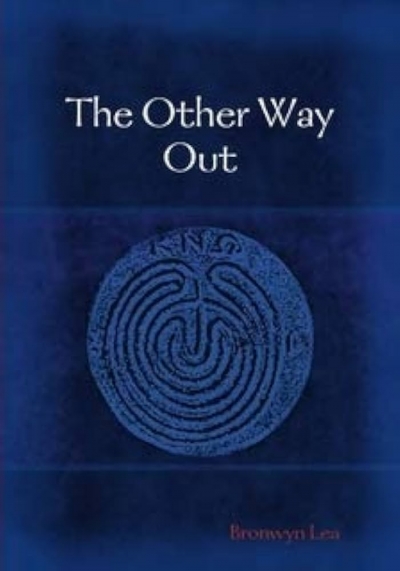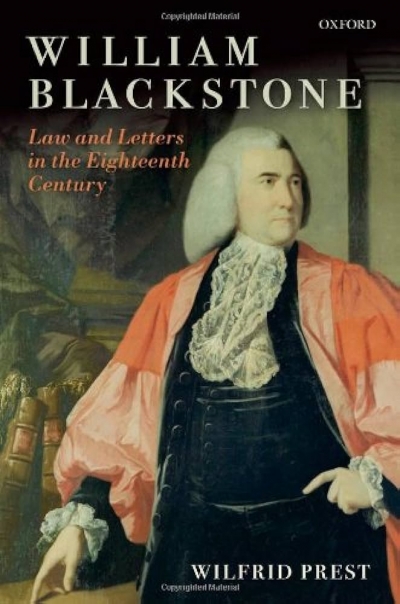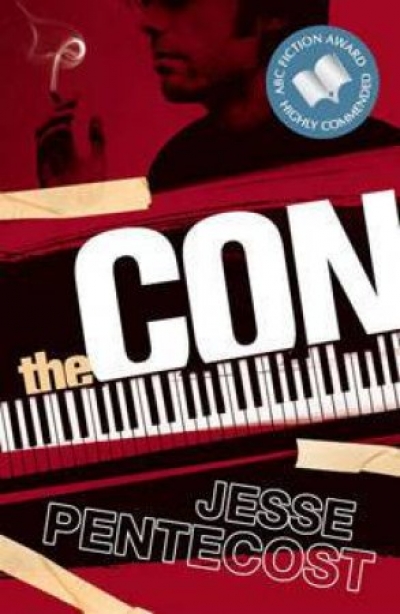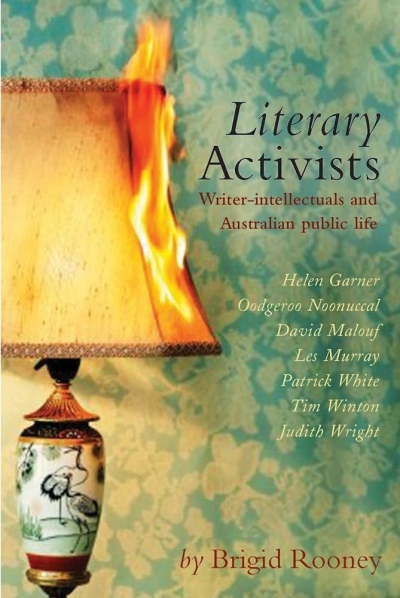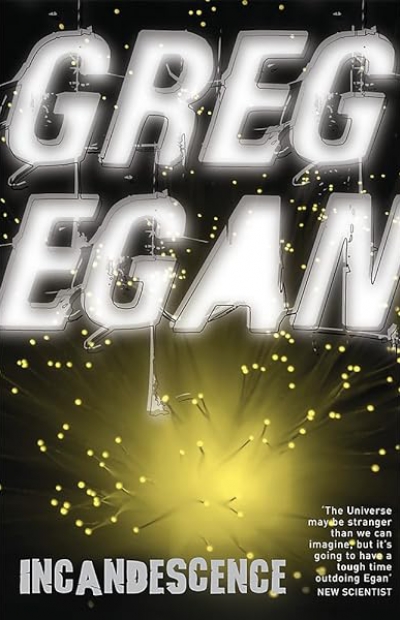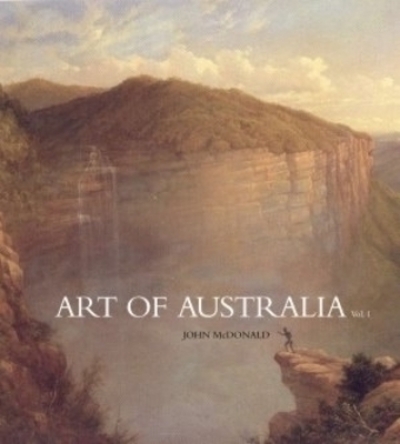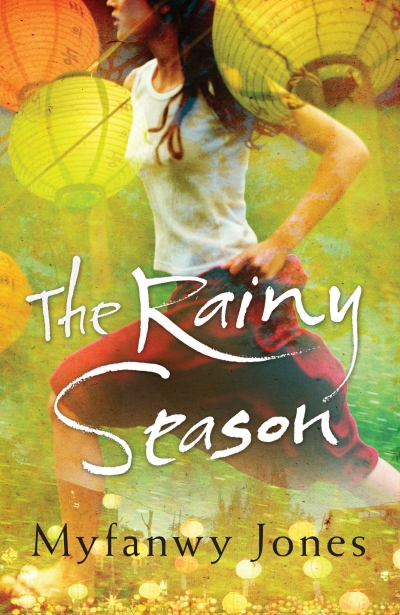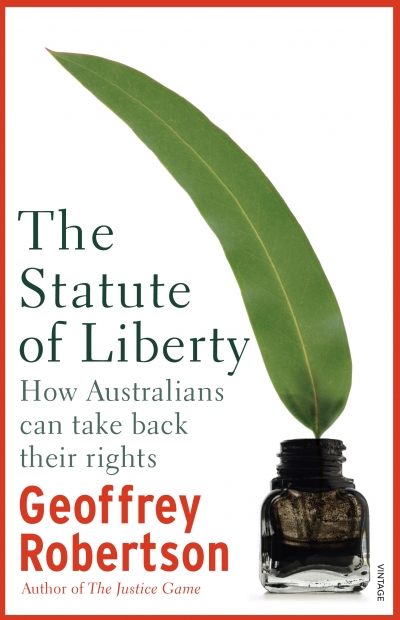Archive
To be alone in the wide room
in the house’s crooked elbow, turning point
for extensions as the family grew
and grew – and grew – to be alone in the one room
nobody needed now, though it might be resumed
like land, for guests or blow-ins, at any moment,
without notice (and that was part of
the appeal, the very tenuous feel of the place) to play the ...
John Howard and the Conservative Tradition by Norman Abjorensen
by Judith Brett •
William Blackstone: Law and Letters in The Eighteenth-Century by Michael Kirby
by Michael Kirby •
Literary Activists: Writer-Intellectuals and Australian Public Life by Brigid Rooney
by Susan Lever •
The Art of Australia, Volume 1: Exploration to Federation by John McDonald
by David Hansen •
The Statue of Liberty: How Australians Can Take Back Their Rights by Geoffrey Robertson
by Patrick Allington •

